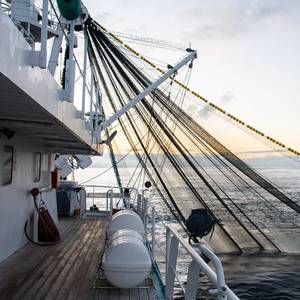
U.S. President Donald Trump’s regulatory freeze has injected chaos and uncertainty into a number of lucrative American fisheries, raising the risk of a delayed start to the fishing season for some East Coast cod and haddock fleets and leading to overfishing of Atlantic bluefin tuna, according to Reuters interviews with industry groups and federal government employees.